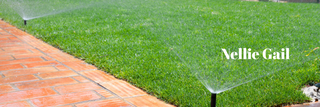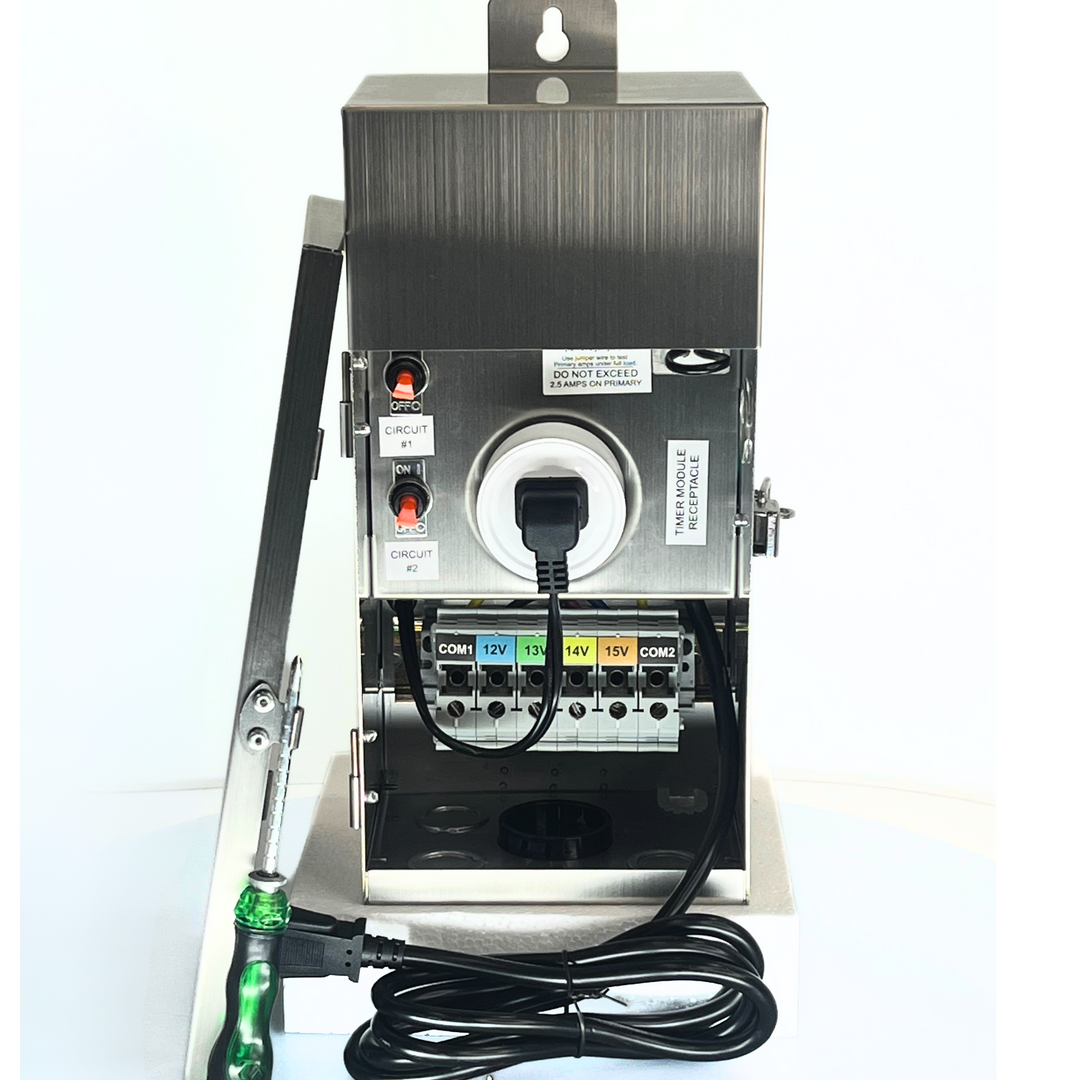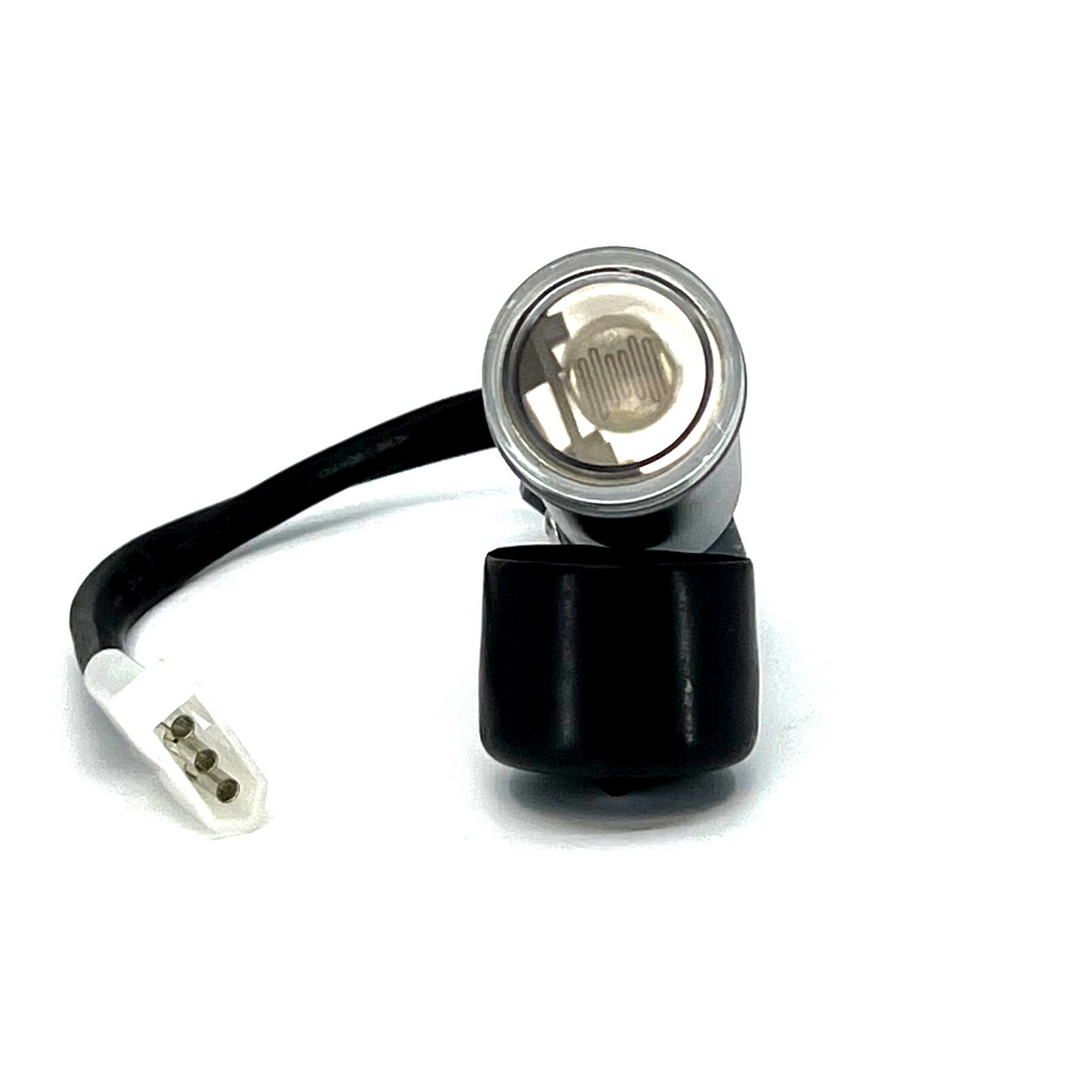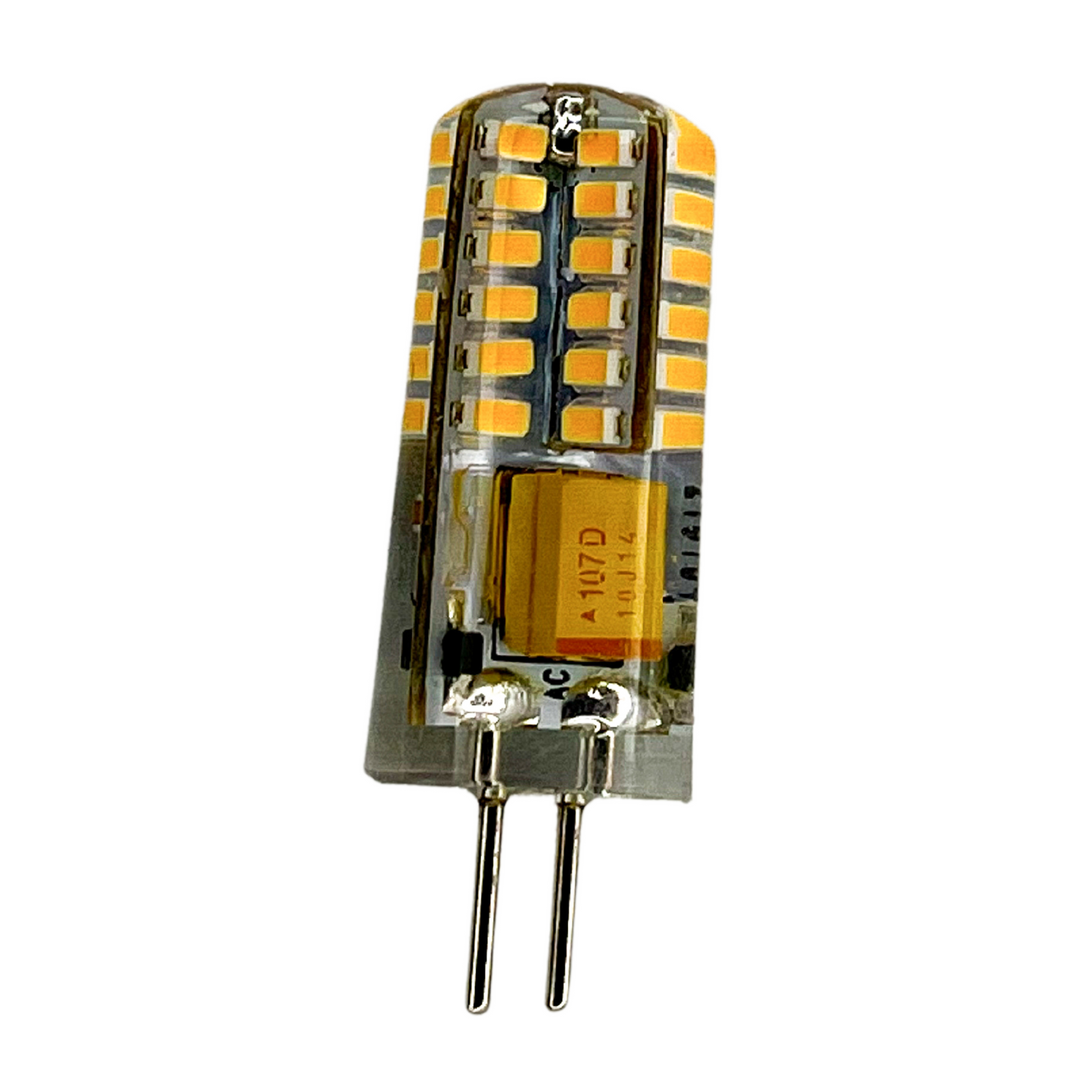
The Wet and Wild World of Garden Sprinkler Repair
|
|
Time to read 7 min
Garden sprinkler systems are the backbone of lush, vibrant lawns and gardens, providing the essential hydration plants need to thrive. However, even the most robust systems are not immune to the occasional hiccup. From clogged heads to underground leaks, the array of potential issues can seem as diverse as the gardens they water. This guide aims to demystify the world of garden sprinkler repair, offering homeowners practical advice and insights to navigate common challenges and keep their green spaces flourishing.
Garden Sprinkler Repair: Understanding Sprinkler Systems
At its core, a garden sprinkler system is a network of pipes, valves, and sprinkler heads designed to deliver water evenly across your landscape. But there's more to it than meets the eye. Each component, from the backflow preventer to the controller, plays a pivotal role in the system's functionality. A deeper understanding of these elements and their interplay can empower homeowners to identify signs of trouble early and take proactive steps to mitigate issues.
Common Sprinkler System Issues
Sprinkler systems can face a myriad of challenges:
• Leaky Pipes and Valves: Underground leaks can be elusive and damaging, leading to water wastage and potential harm to plant roots.
• Clogged or Broken Sprinkler Heads: Over time, dirt, debris, and wear can obstruct water flow or damage the heads, resulting in uneven watering.
• Controller Malfunctions: The brain of the system, a faulty controller can wreak havoc on watering schedules, leading to under or overwatering.
Understanding these common issues is the first step in maintaining a healthy sprinkler system and garden.
The Cost of Neglect
The old adage "a stitch in time saves nine" rings particularly true in garden sprinkler maintenance. Small issues, when ignored, can escalate into major problems, leading to significant repair costs or even the need for system replacement. Regular monitoring and maintenance can prevent these costly overhauls and ensure your system remains efficient and effective.
Preventative Maintenance Tips
Preventative maintenance is key to a long-lasting sprinkler system. Simple steps like seasonal adjustments to the watering schedule, regular inspection of sprinkler heads, and prompt replacement of worn-out parts can go a long way in preserving the system's integrity. Additionally, professional audits can help identify inefficiencies and optimize water usage, contributing to both system health and environmental conservation.
Repair or Replace? Making the Right Decision
When faced with a malfunctioning sprinkler system, the decision to repair or replace components can be complex. Factors to consider include the age and overall condition of the system, the extent of the damage, and the potential benefits of upgrading to newer, more water-efficient technology. In many cases, strategic repairs can extend the life of the system, while in others, upgrading to a smart sprinkler system may offer greater long-term value.
The Future of Sprinkler Systems
Innovation continues to reshape the landscape of garden irrigation, with smart sprinkler systems leading the charge. These systems, equipped with weather sensors and mobile connectivity, offer unprecedented control over watering, allowing for adjustments on-the-fly based on real-time weather data. The result is not only a healthier garden but also significant water savings and environmental benefits.
Garden sprinklers are indispensable tools for maintaining lush, vibrant gardens. They come in various types, each suited to different needs and garden layouts. The most common types include stationary sprinklers, which cover small areas; oscillating sprinklers, ideal for large rectangular spaces; rotary and impact sprinklers, which are great for larger, circular areas; and drip irrigation systems, which deliver water directly to the roots of plants, minimizing water waste.
Despite their utility, garden sprinklers are not without their problems. Common issues include clogged nozzles from dirt and debris, leaks in hoses or connectors, misaligned sprinkler heads leading to uneven watering, and pressure problems that result in poor water flow. To fix these problems, start by inspecting the system to identify the issue. Cleaning clogged nozzles with a small brush or needle and checking for and replacing damaged hoses or connectors can resolve many problems. Adjusting the sprinkler heads to ensure proper alignment and checking the system's pressure can also improve performance.
Maintaining garden sprinklers is key to their longevity and effectiveness. Regular inspections and cleaning, ideally at the start and end of the watering season, can prevent many common issues. Avoiding common mistakes like over-tightening fittings, which can lead to cracks and leaks, and ensuring the system is properly winterized in colder climates to prevent freeze damage, are also crucial.
While DIY solutions can resolve many sprinkler issues, there are benefits to hiring a professional. Professionals can offer a comprehensive system assessment, identify underlying problems that may not be apparent, and ensure repairs are done correctly. Their expertise can save time and prevent further damage that might lead to costly repairs.
For those who prefer DIY repairs, it's important to have a basic understanding of the system and access to the right tools. Simple tasks like cleaning heads, replacing washers, and adjusting spray patterns can often be done without professional help. However, more complex issues, particularly those related to underground piping or electrical components of the system, might best be left to the experts.
Practical Tips or Facts:
• Teflon Tape Usage: When assembling threaded fittings in your sprinkler system, applying 5 - 6 wraps of Teflon tape can prevent leaks and allow for easy adjustments.
• Choosing Sprinkler Heads: Different sprinkler heads serve different purposes. Fixed spray patterns are suitable for specific areas, while rotating or oscillating heads can cover larger or irregularly shaped areas effectively.
• Seasonal Adjustments: It's crucial to adjust your sprinkler system for seasonal changes to ensure your lawn receives the right amount of water throughout the year. This might involve increasing watering times during hot summer months and reducing them in winter.
Frequently Asked Questions
These questions and answers aim to provide homeowners with additional knowledge and tips on maintaining and optimizing their garden sprinkler systems for efficiency, effectiveness, and sustainability.
How often should I schedule a professional inspection for my garden sprinkler system?
Regular inspections are crucial to ensure your garden sprinkler system operates efficiently. It's recommended to schedule a professional inspection at least once a year, typically in the spring before the peak watering season begins. This helps identify and address any issues early on, preventing more significant problems later.
Can I use different types of sprinkler heads within the same irrigation zone?
Yes, you can use different types of sprinkler heads within the same irrigation zone, but it's essential to ensure they have compatible precipitation rates. Mixing sprinkler heads with significantly different output rates can lead to uneven watering, with some areas receiving too much water and others not enough. Consulting with a professional can help you make the right choices for your specific garden needs.
What are the signs that my garden sprinkler system needs repair?
Several signs indicate your garden sprinkler system may need repair, including uneven watering, visible leaks, sprinkler heads that don't pop up or retract properly, and unusually high water bills. If you notice any of these issues, it's wise to investigate further or call a professional to assess your system.
How can I conserve water with my garden sprinkler system?
To conserve water with your garden sprinkler system, consider installing a smart controller that adjusts watering based on weather conditions, soil moisture sensors, and rain shut-off devices. Additionally, regular maintenance to fix leaks and ensure proper sprinkler head alignment can significantly reduce water waste.
What is the best time of day to water my garden with a sprinkler system?
The best time to water your garden using a sprinkler system is in the early morning, around sunrise. This timing minimizes water loss due to evaporation and wind, allowing water to penetrate deeply into the soil. Watering in the early morning also helps prevent the growth of fungi and other diseases that can thrive in the damp, cool conditions created by nighttime watering.
Are there any eco-friendly upgrades I can make to my existing garden sprinkler system?
Eco-friendly upgrades for your garden sprinkler system include installing a smart irrigation controller, low-flow sprinkler heads, and drip irrigation lines for targeted watering. These upgrades can help reduce water usage by ensuring water is only delivered where and when it's needed, promoting a healthy garden and reducing your environmental footprint.
Choosing the Right Sprinkler Repair Service
The expertise of a professional sprinkler repair service can be invaluable. When selecting a service provider, consider their experience, range of services, and customer feedback. Companies with a proven track record, like Wet and Wild Irrigation, bring not only technical expertise but also a deep understanding of local watering needs and regulations, ensuring your system is in capable hands.
DIY Sprinkler Repair: Pros and Cons
For the handy homeowner, DIY sprinkler repair can be tempting. While some tasks, such as cleaning or replacing a sprinkler head, are well within the realm of a savvy DIYer, more complex issues, such as electrical problems or major leaks, are best left to professionals. Knowing when to call in the experts can save time, money, and the health of your garden in the long run.
Our Recommendation
Final Thoughts
The world of garden sprinkler repair is vast, but with a bit of knowledge and proactive maintenance, navigating it doesn't have to be daunting. By understanding common issues, embracing preventative maintenance, and making informed decisions about repairs and upgrades, homeowners can ensure their sprinkler systems support vibrant, healthy gardens for years to come. Book Online Now and Get a FREE Quote!












